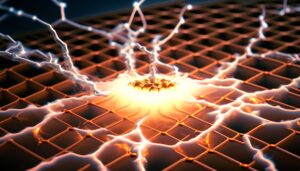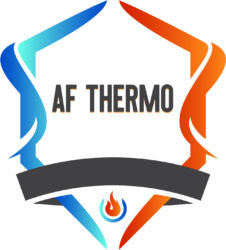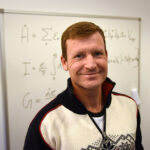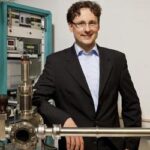 The need for smaller, faster, and more efficient devices has put a considerable demand on the thermal management of electronics. In this context, energy-harvesting technology is exciting. The energy-harvesting technology captures the waste heat produced by the electronics and converts it into electricity. Therefore, the technology is expected to be a powerful approach to produce renewable and clean energy and improve the sustainability of electronic infrastructure. Potential applications range from self-powered wireless sensor networks to mobile phones and computers that recycle their own waste heat to improve their overall energy efficiency.
The need for smaller, faster, and more efficient devices has put a considerable demand on the thermal management of electronics. In this context, energy-harvesting technology is exciting. The energy-harvesting technology captures the waste heat produced by the electronics and converts it into electricity. Therefore, the technology is expected to be a powerful approach to produce renewable and clean energy and improve the sustainability of electronic infrastructure. Potential applications range from self-powered wireless sensor networks to mobile phones and computers that recycle their own waste heat to improve their overall energy efficiency.
The ultimate goal of this project is to take thermoelectric technology to a new level by exploiting the unique spin-based thermoelectric properties of antiferromagnets. The antiferromagnetic thermoelectric generators are nano-thin heterostructures comprised of layers of antiferromagnets and heavy metals, making them easy to fabricate and attach to various types of surfaces compared to conventional thermoelectric converters based on thermocouples. Combining the expertise of some of Europe’s leading theoretical and experimental research groups within spintronics, the project aims to develop a unified theoretical and experimental description of the proposed antiferromagnetic thermoelectric generators and investigate the optimization of the devices. The anticipated application potential of our findings is in developing novel spin-based thermoelectric generators with ultra-high heat-to-electricity conversion efficiencies, which are easily integrated into CMOS devices and wireless sensor networks.







